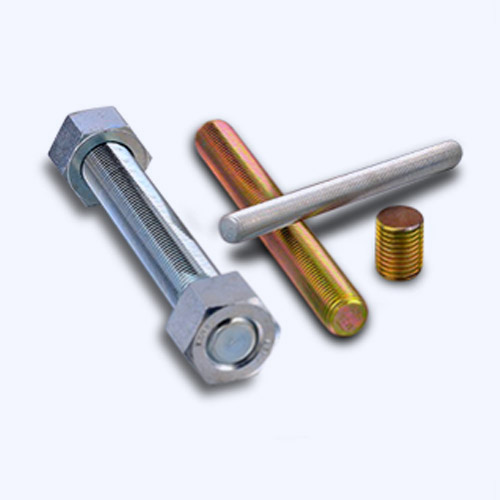Oct . 09, 2024 04:46 Back to list
Corrosion-Resistant Nut for Reliable Fastening Solutions in Various Applications
The Versatility and Benefits of Stainless Steel Nuts
Stainless steel nuts are often overlooked components in a myriad of applications, but their importance cannot be underestimated. As the backbone of countless assemblies and structures, these seemingly simple fasteners play a crucial role in ensuring mechanical integrity and durability across various industries.
Composition and Types
Stainless steel is an alloy primarily composed of iron, chromium, and often nickel, which gives it remarkable resistance to corrosion and rust. This resistance makes stainless steel nuts an ideal choice for environments exposed to moisture, chemicals, or extreme temperatures. There are various grades of stainless steel nuts, including 304 and 316 grades, each with unique properties that suit different applications. Grade 304 is commonly used for general purposes, while Grade 316 offers additional protection against saltwater and other harsh chemicals, making it perfect for marine and chemical processing environments.
Key Advantages
1. Corrosion Resistance One of the most significant advantages of stainless steel nuts is their resistance to corrosion. Unlike carbon steel nuts, which can rust and deteriorate over time, stainless steel nuts maintain their structural integrity, ensuring a longer lifespan for assemblies and equipment.
2. Strength and Durability Stainless steel nuts not only resist corrosion but also provide excellent tensile strength and durability. They can withstand significant levels of stress and strain, making them suitable for heavy-duty applications, from construction to automotive manufacturing.
stainless nut

3. Aesthetic Appeal Beyond functionality, stainless steel nuts also offer aesthetic appeal. Their shiny, polished surface provides a sleek, modern look that can enhance the overall appearance of machinery and structures. This aesthetic quality is particularly important in consumer-facing products where appearance matters.
4. Recyclability In today’s eco-conscious world, the recyclable nature of stainless steel is a significant advantage. Using stainless steel nuts helps reduce environmental impact, as they can be recycled without losing any of their properties. This makes them a sustainable choice for manufacturers seeking to minimize their ecological footprint.
Applications
Stainless steel nuts are used across various industries, including construction, manufacturing, automotive, and aerospace. In construction, they are essential for securing beams and structures, while in the automotive sector, they play a crucial role in assembling engines and suspensions. In the aerospace industry, the need for lightweight yet durable components makes stainless steel nuts an ideal choice to ensure both performance and safety.
Conclusion
In conclusion, stainless steel nuts are far more than mere fasteners; they are vital components that contribute to the safety and longevity of equipment and structures. With their corrosion resistance, strength, aesthetic appeal, and recyclability, they stand out as a preferred choice across numerous applications. As industries continue to evolve, the role of stainless steel nuts will undoubtedly expand, solidifying their significance in modern engineering and construction. Whether you are a manufacturer seeking reliable fasteners or a DIY enthusiast working on a project, investing in high-quality stainless steel nuts will ensure performance and durability for years to come.


